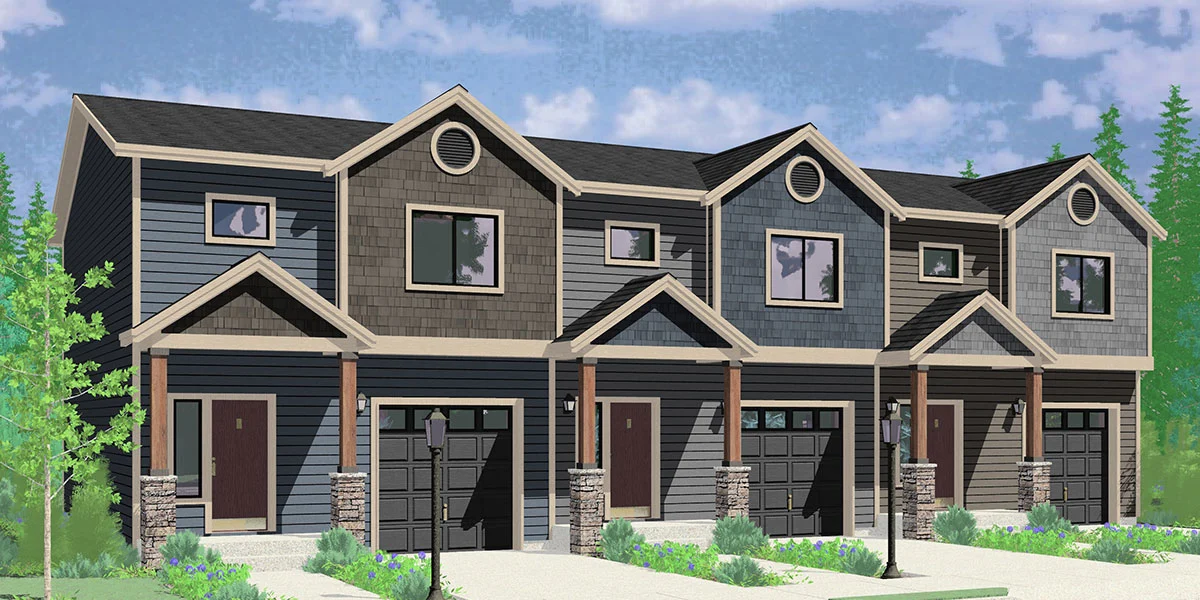Austin Finally Faces Down the Housing Crisis With Single-Family Zoning Reform
Austin Finally Faces Down the Housing Crisis With Single-Family Zoning Reform

Austin’s City Council is currently on summer break, but when its members return next week for the meeting scheduled on July 20, they’re taking on a fairly significant land use resolutio…

Austin’s City Council is currently on summer break, but when its members return next week for the meeting scheduled on July 20, they’re taking on a fairly significant land use resolution with the potential to shape the future of housing across the city. You’d think Agenda Item 126 might have dropped with a little more fanfare, considering its seemingly enormous scope — let’s dig in:
If you don’t want to sift through all those “be it resolved”s, the gist is that Austin’s 1980s land development code imposes a minimum lot size of 5,750 square feet for homes built under the single-family zoning regime that dominates the vast majority of the city’s available land. This size requirement, combined with Austin’s sky-high land values, drives up the price of even modestly sized “starter” homes — so the resolution proposes amending the code to reduce the minimum lot size in single-family zones to 2,500 square feet or less “so that existing standard-size lots can be subdivided, and be developed with a variety of housing types such as row houses, townhomes, tri-and four-plexes, garden homes, and cottage courts.”
The housing types listed here represent the so-called “missing middle” residential typology that’s currently absent from most of Austin due to the current restrictions of our code, and unlocking this style of lower-density infill development is generally considered an effective way to increase housing stock in existing neighborhoods. To incentivize this kind of development, along with its proposed minimum lot size changes the resolution also proposes amending the code to allow at least three units per lot in single-family zoning districts.
To streamline this process, the resolution also directs the City Manager to propose amendments adjusting current limits on setbacks, height, impervious cover, floor-to-area ratio, building cover requirements, and other tweaks like only imposing the city’s McMansion Ordinance on projects that intend to construct a single home on one lot. The time and cost of jumping through all the hoops of the city’s current code is reflected in the final price of new housing, and fast-tracking the development of these missing middle residences should benefit local affordability.
If this isn’t surprising enough for you, perhaps you could chew on the fact that this item is sponsored by Council Member Leslie Pool — yes, that Leslie Pool — with co-sponsors including CMs Vela, Qadri, Ellis, and Mayor Watson. We’ve often ripped on CM Pool as part of council’s longstanding NIMBY bloc, but she (and her staff) deserve a hand for taking a clear-eyed look at Austin’s housing crisis and rejecting the typical priors of the do-nothing crowd with this proposed legislation. The part we can’t figure out is how the resolution, as a change to existing zoning regulation, plans to avoid the property owner notification requirements that currently have even more modest tweaks to Austin’s zoning code mired in legal trouble thanks to those aforementioned NIMBYs — fingers crossed that the folks on the dais know something we don’t.
This is a lot to drop on a humble blog without any official urban planning credentials, but we’re doing our best to wrap our heads around the ramifications of this change. Although these code tweaks are a major step in the right direction, they’re similar to light rail in the sense that we should have passed them about 20 years ago to truly stave off a crisis — at this point, we’re trying to close a wound with band-aids, but it’s a lot better than doing nothing. For the record, that 2,500-square-foot minimum lot size is a more modest reform than the infill renaissance we’ve seen with townhomes in Houston, where the minimum lot size is a mere 1,400 square feet.
Still, a triplex on every residential lot could win over at least a small portion of the housing-skeptic crowd with its lack of intensity compared to a typical apartment building rising five floors or more. We’re fond of all types of housing, but this proposal has the potential to become the most significant land use reform Austin’s passed since the failure of the land development code rewrite in 2018. Can you tell we’re nervous?